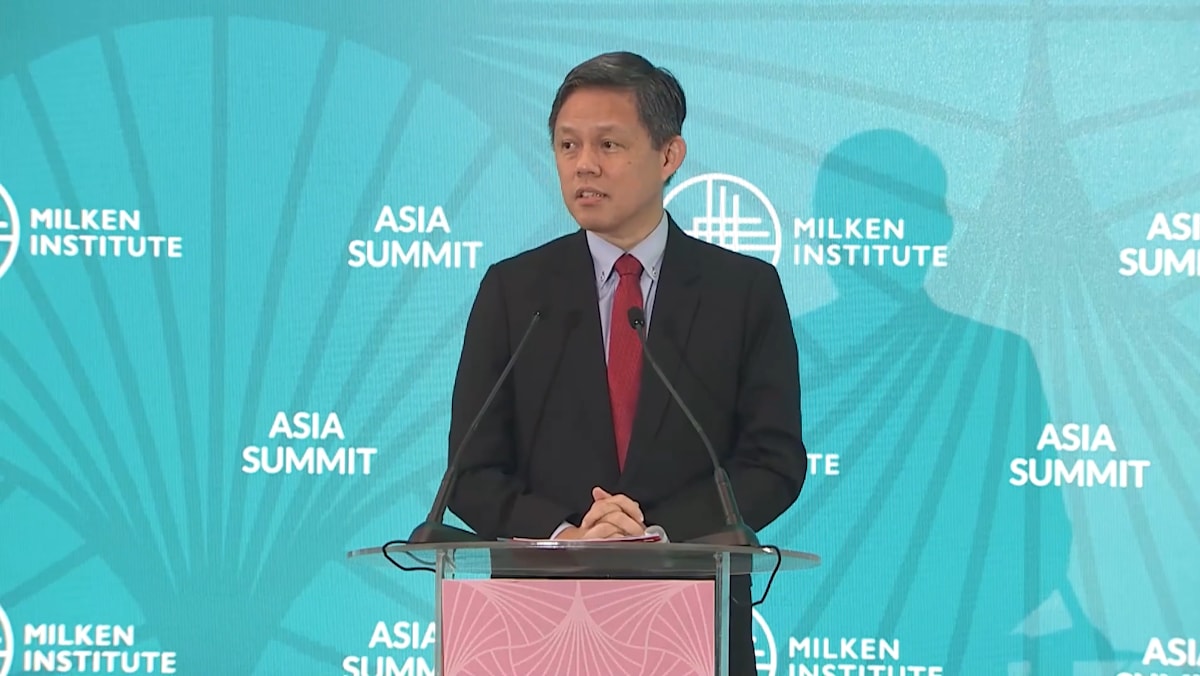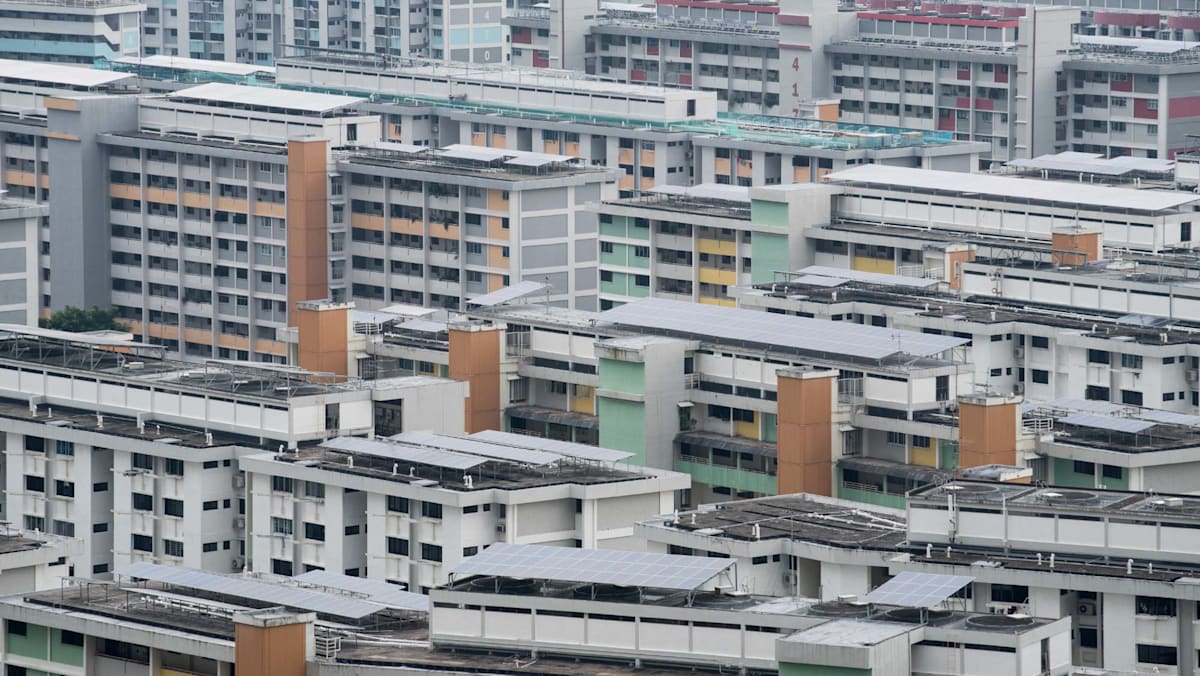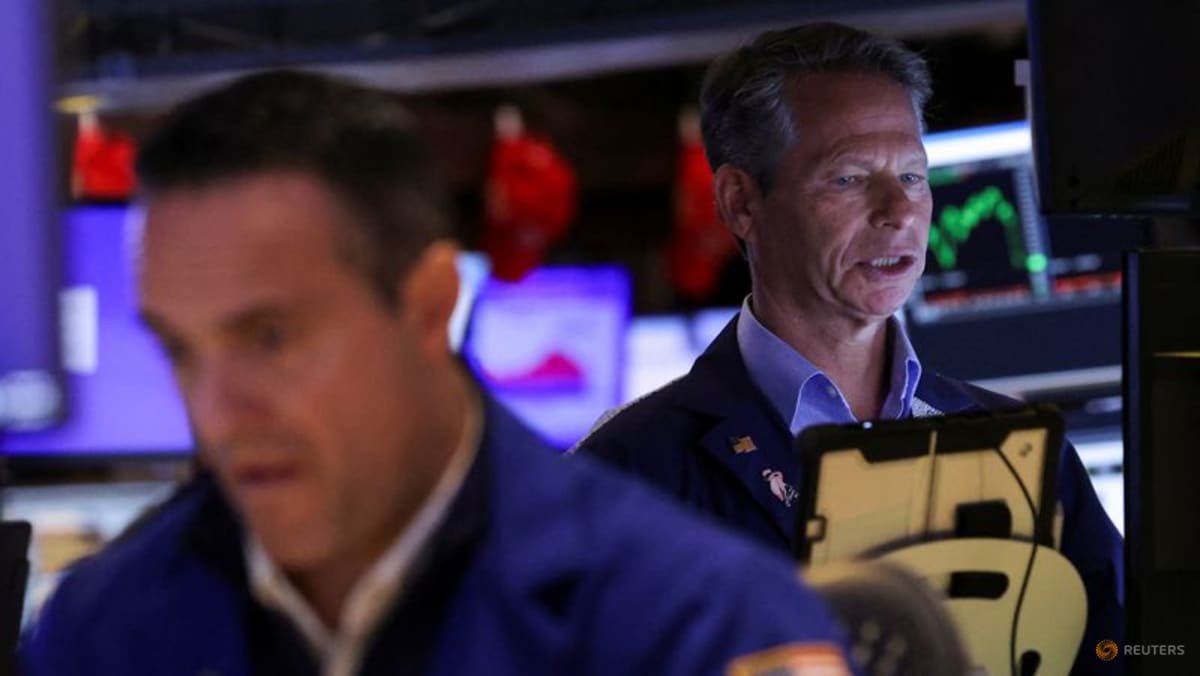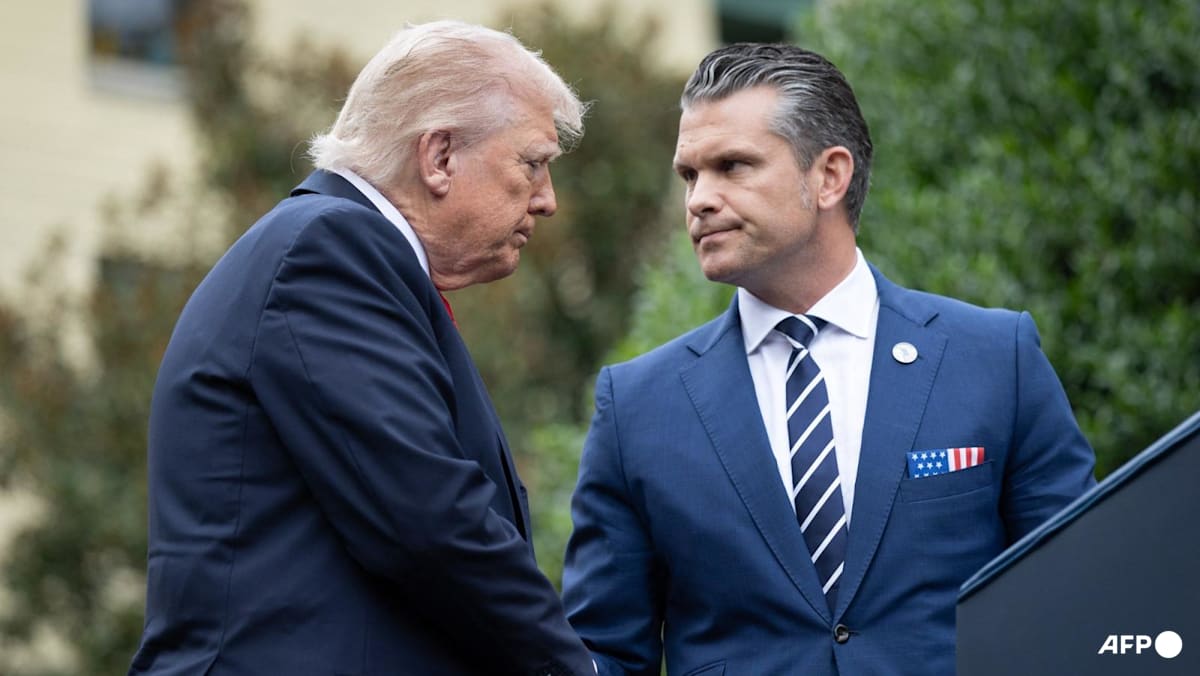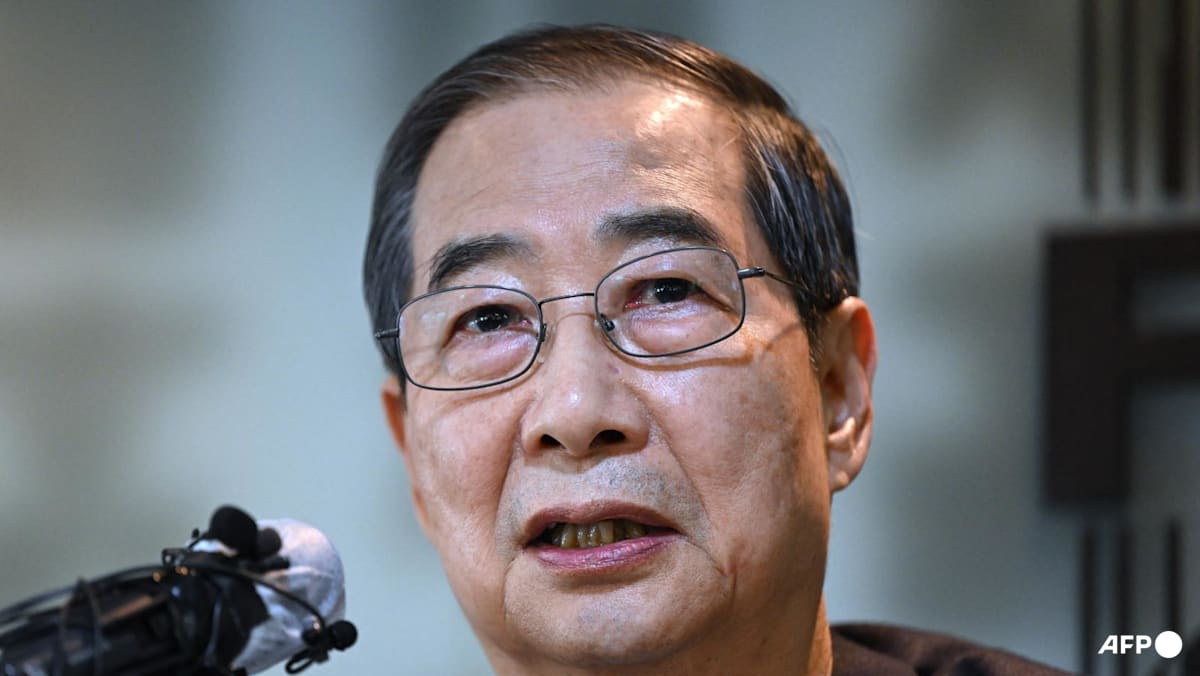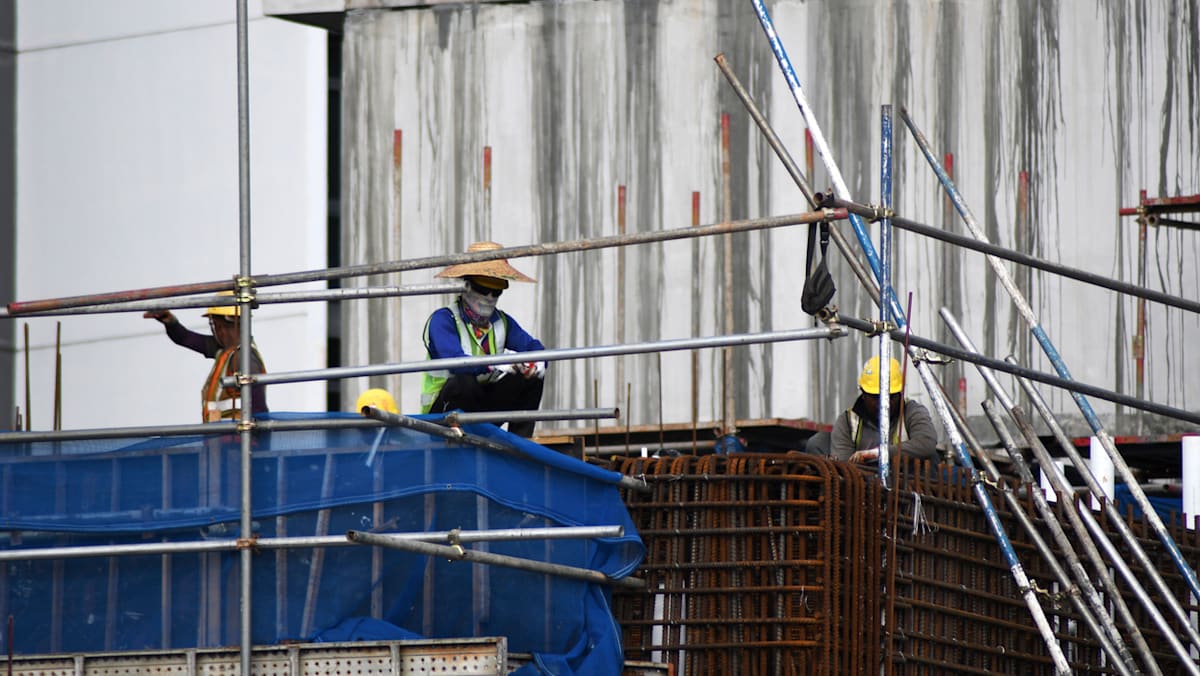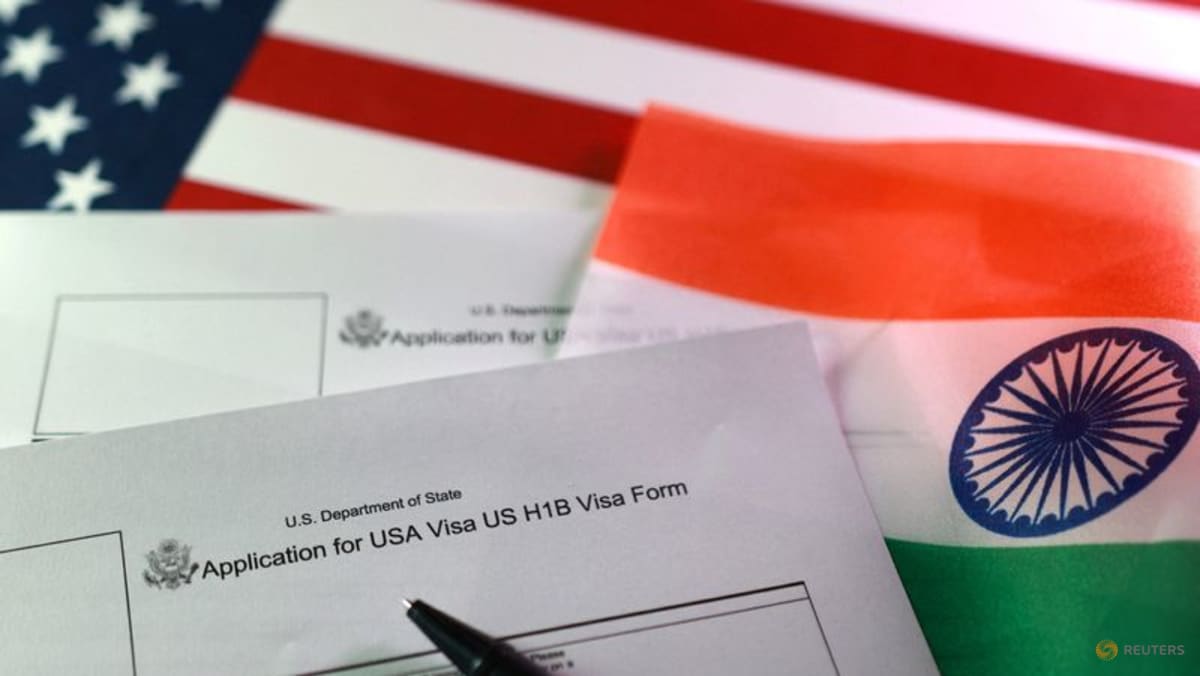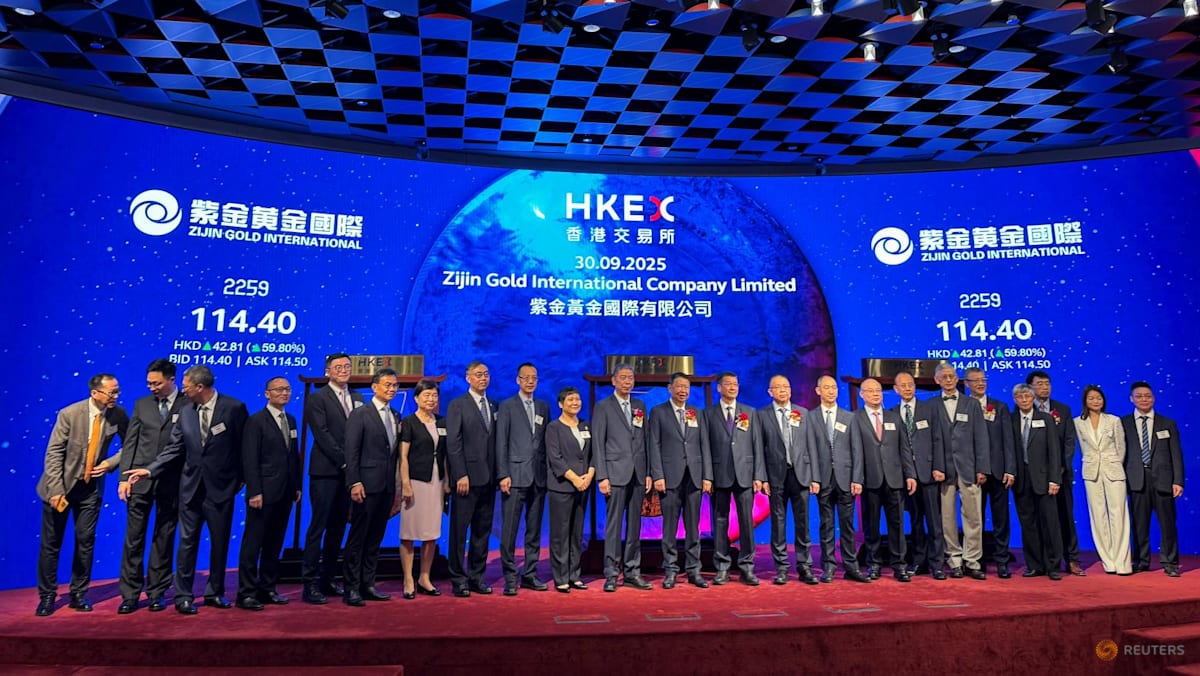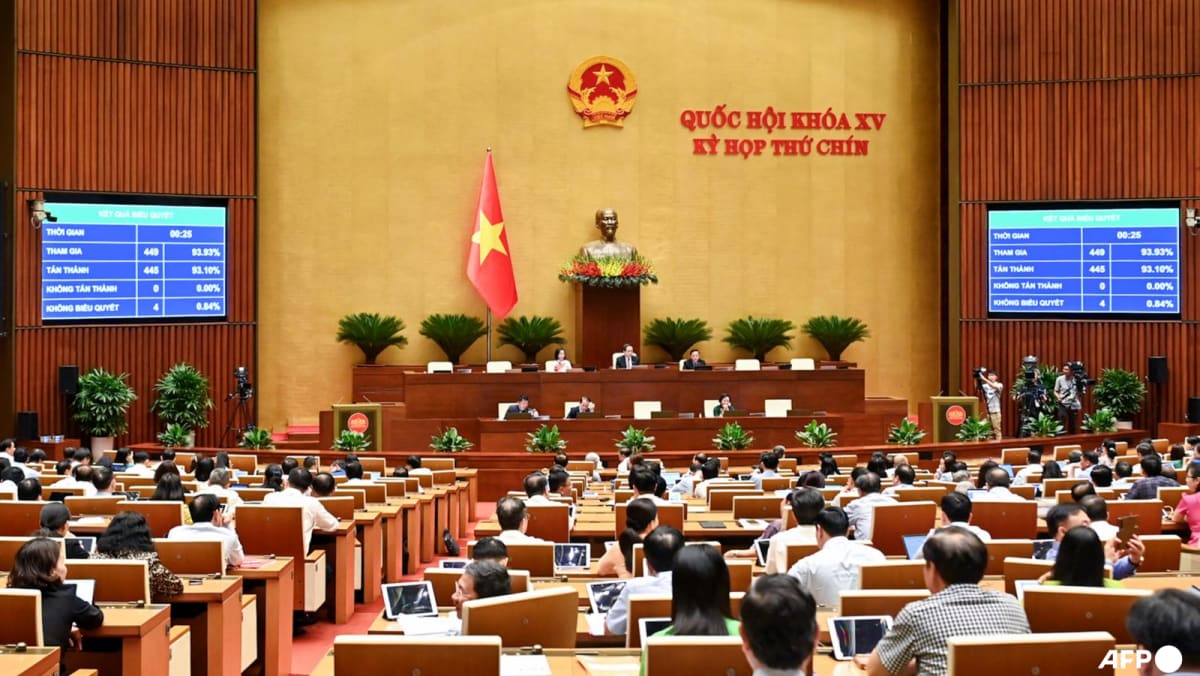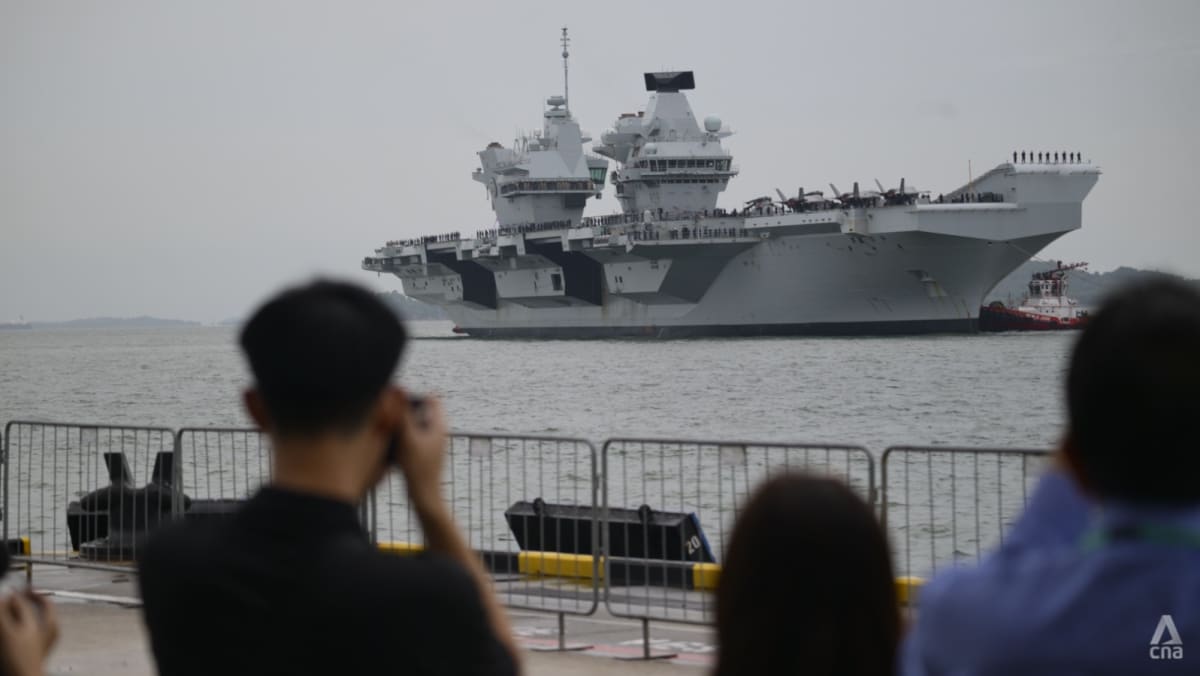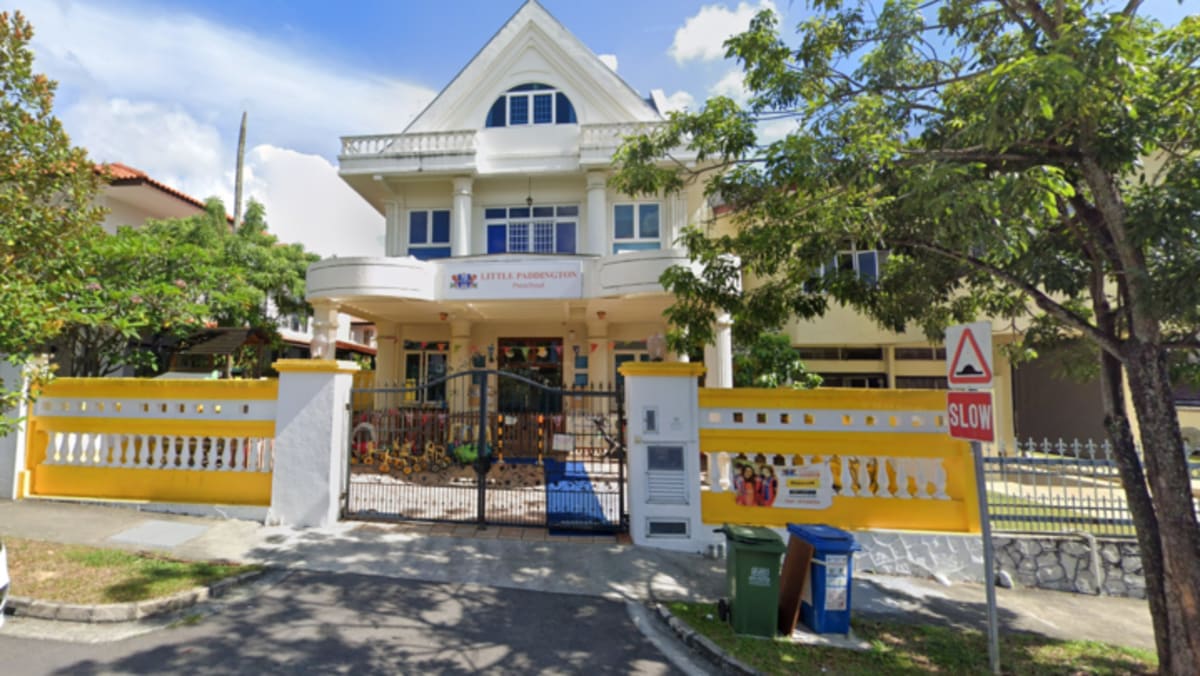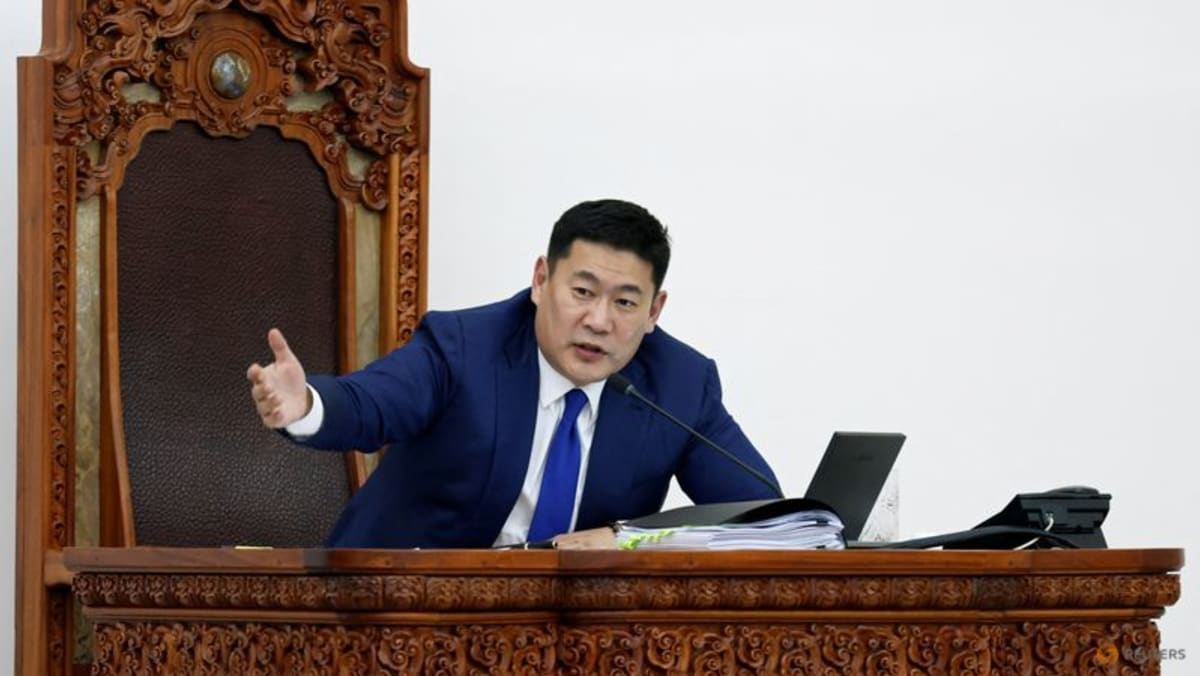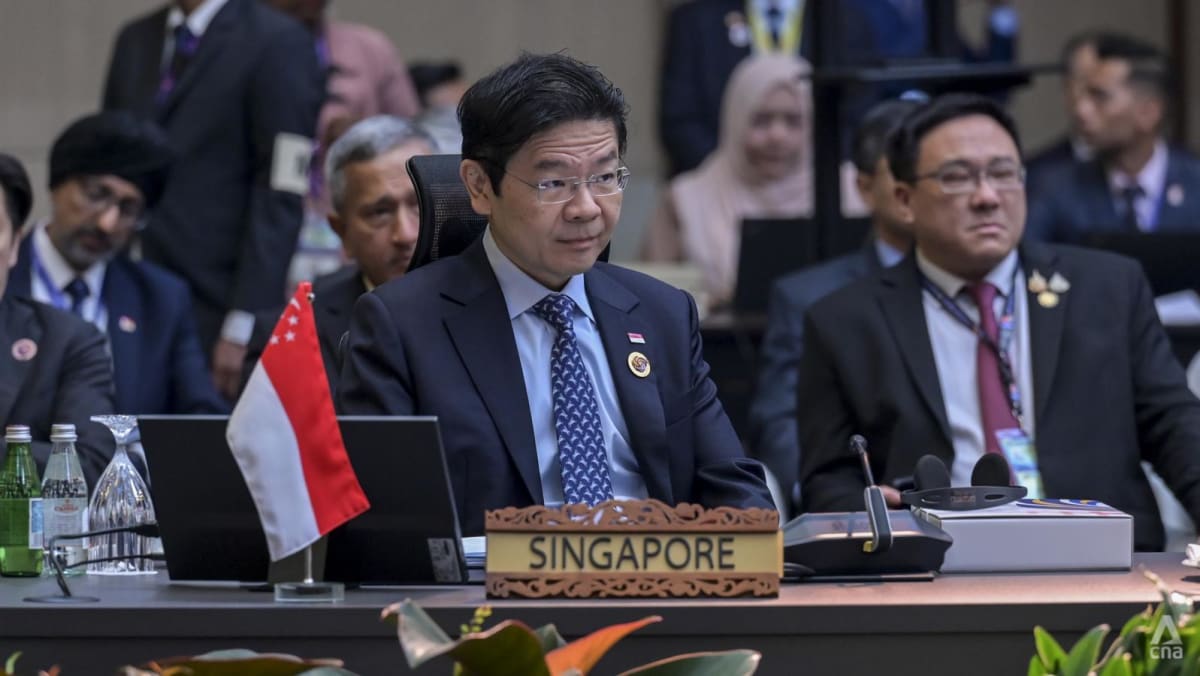SINGAPORE: Companies in Singapore are bracing for more uncertainty after United States President Donald Trump announced new import tariffs of up to 40 per cent on certain countries.
Letters sent to 14 countries, mainly in Asia, on Monday (Jul 7) outlined that tariffs will take effect on Aug 1 unless deals are struck with the US beforehand.
Singapore is not among the 14 nations that were issued these letters.
But observers believe that Singapore - the only country in Southeast Asia with which the US has a trade surplus - will continue to face the 10 per cent baseline tariff imposed in April.
UNLEVEL PLAYING FIELDS
“America enjoys a surplus with us, so we shouldn't even be getting 10 per cent,” said Associate Professor Simon Tay, chairman of the Singapore Institute of International Affairs.
“Even if we are spared anything more than 10 per cent ourselves, the ripple effect of what happens to the countries around us, our major trading partners, is going to have an impact on Singapore.”
Some of the nations targeted by the proposed new tariffs are in Asia. Key US allies Japan and South Korea would be hit with 25 per cent tariffs.
Southeast Asian countries including Indonesia, Laos, Malaysia, Myanmar, and Thailand face duties ranging from 25 to 40 per cent.
“It's a real damage in the sense that we, as a hub in ASEAN (Association of Southeast Asian Nations), really want the region to integrate. It makes a lot of economic logic, especially the neighbours nearest to us,” said Assoc Prof Tay.
“So this tariff differentiation tends to create unlevel playing fields and a bit of gaming.”
Mr Chris Humphrey, executive director of the EU-ASEAN Business Council, touched on the potential economic reactions of Southeast Asian countries, saying: “I don't think you are going to see countries … doing tit-for-tat increases with the United States.
“They can't afford it. The economies aren't quite big enough and strong enough.”
The US accounts for about 10 per cent of Singapore’s total goods exports, pointed out Singapore Business Federation (SBF) chief executive Kok Ping Soon.
“This means there's a big 90 per cent of the goods exports that are not destined for the US, and there's a lot of potential there,” he noted.
“Many of these opportunities are really in our immediate neighbourhoods, hence the importance of ASEAN integration.”
GLOBAL TRADE UNCERTAINTY
Mr Kok said firms here are cautious and taking a wait-and-see approach.
“It's that uncertainty that's really driving business interest because it sends a chilling effect on their ability to think ahead,” he added.
“The problem for businesses is that Trump operates on a very short cycle every few days, but businesses operate in a much longer cycle.”
This persistent extreme uncertainty is hurting businesses more than the tariff itself, said Mr Kok.
On how Singapore businesses need to operate, he said it’s “almost a prerequisite” for them to be resilient.
“Because if companies get a calculus wrong, it may likely suffer,” he added.
Mr Kok stressed the importance of trade compliance and reconfiguring supply chains, noting that businesses, particularly smaller ones, often require external support.
While larger firms may have the capacity to manage these changes on their own, smaller ones are likely to need some form of support to navigate these challenges, he added.






